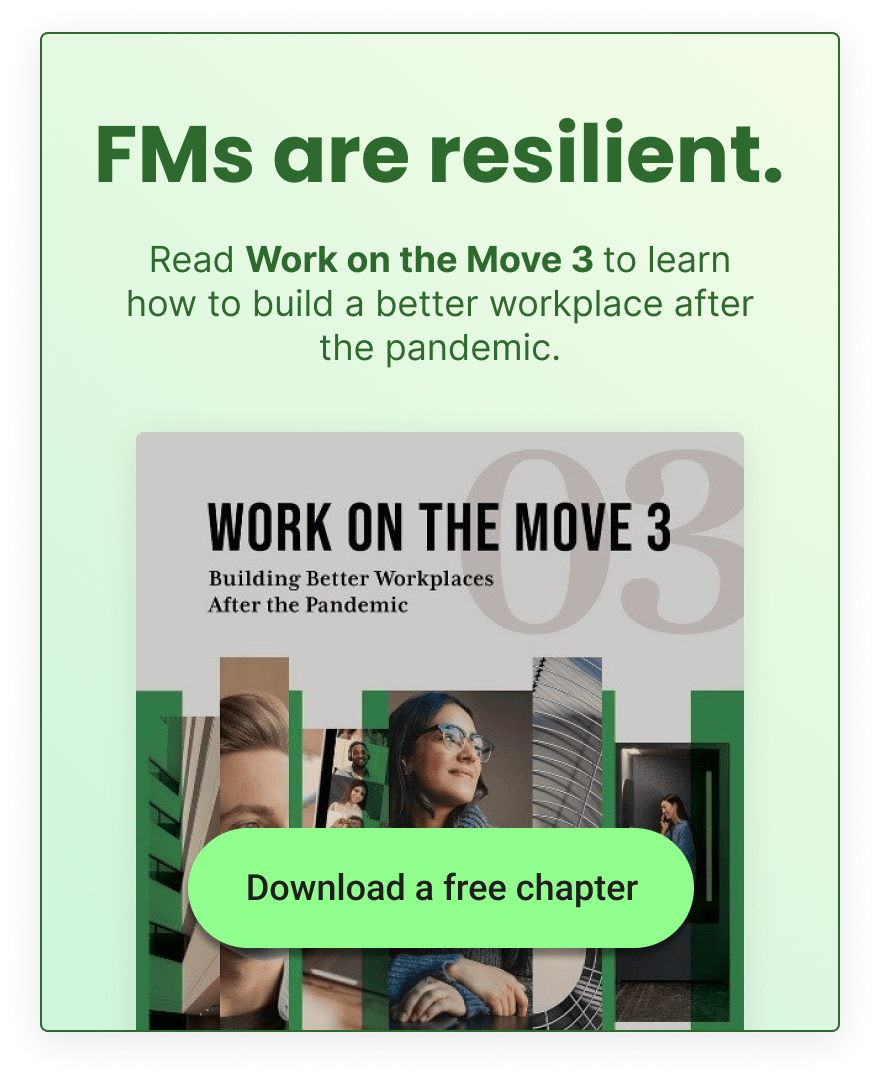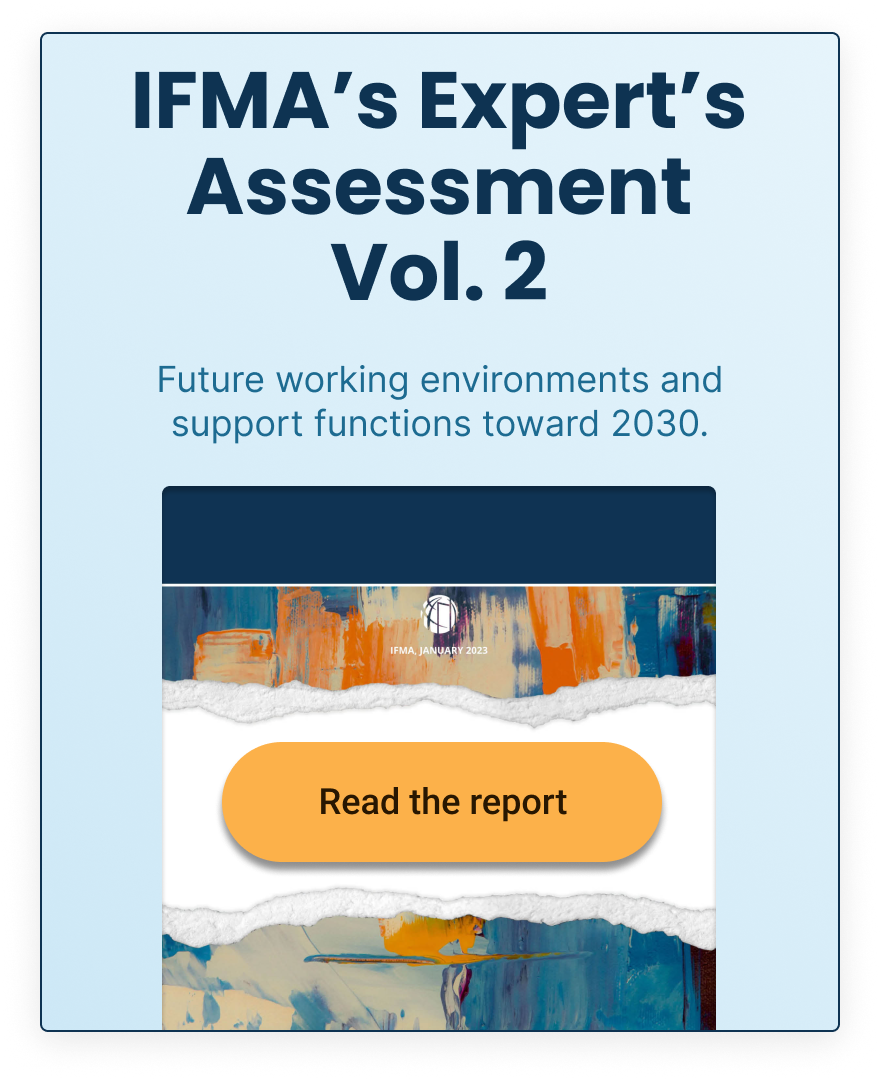PARKING IN THE PANDEMIC – COVID-19 and Commuter Behavior in Large Cities
COVID has changed the way individuals commute. People no longer feel safe utilizing mass transit and are on the roads now more than ever. As a result, parking is being impacted now more than ever.


